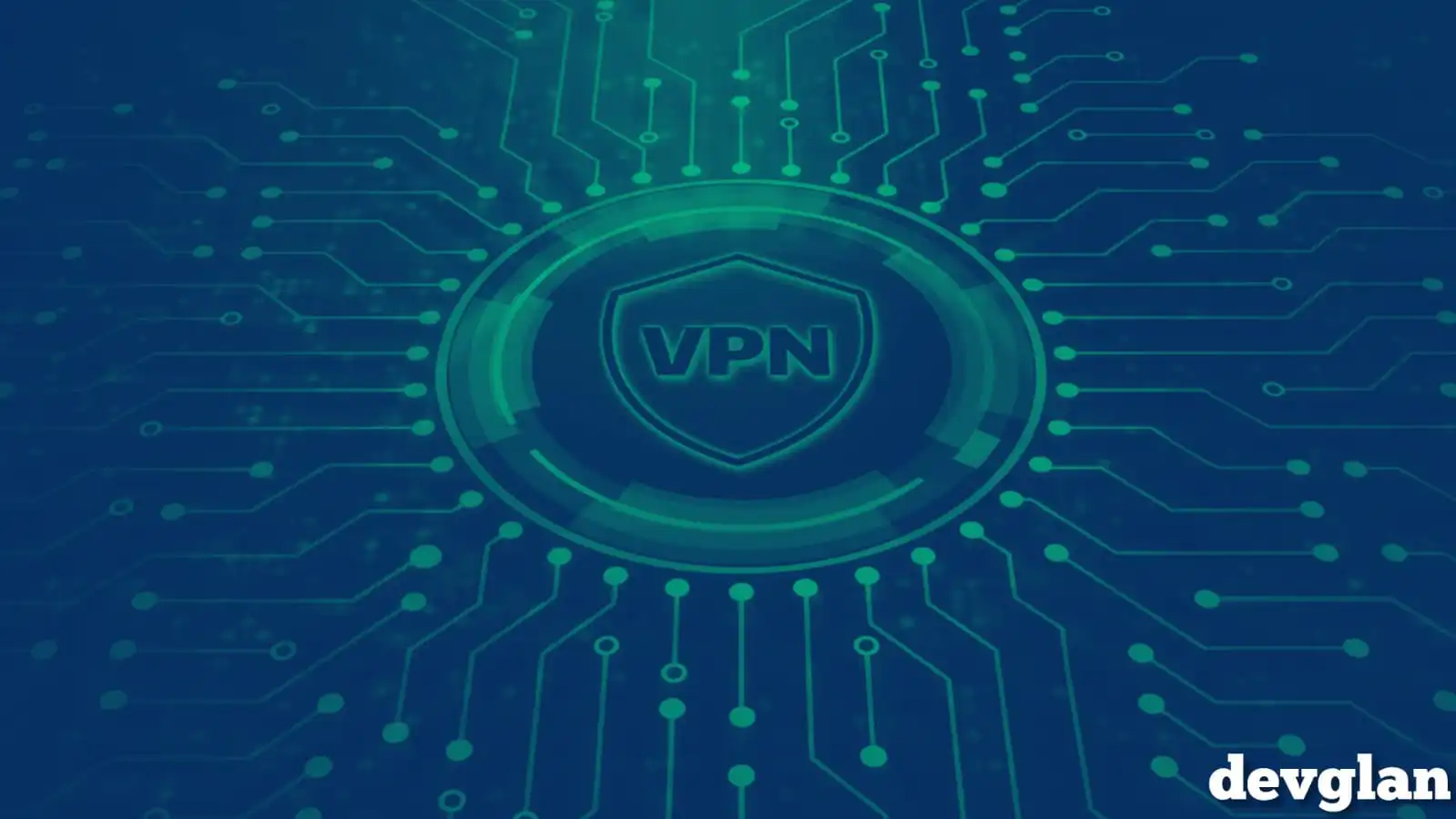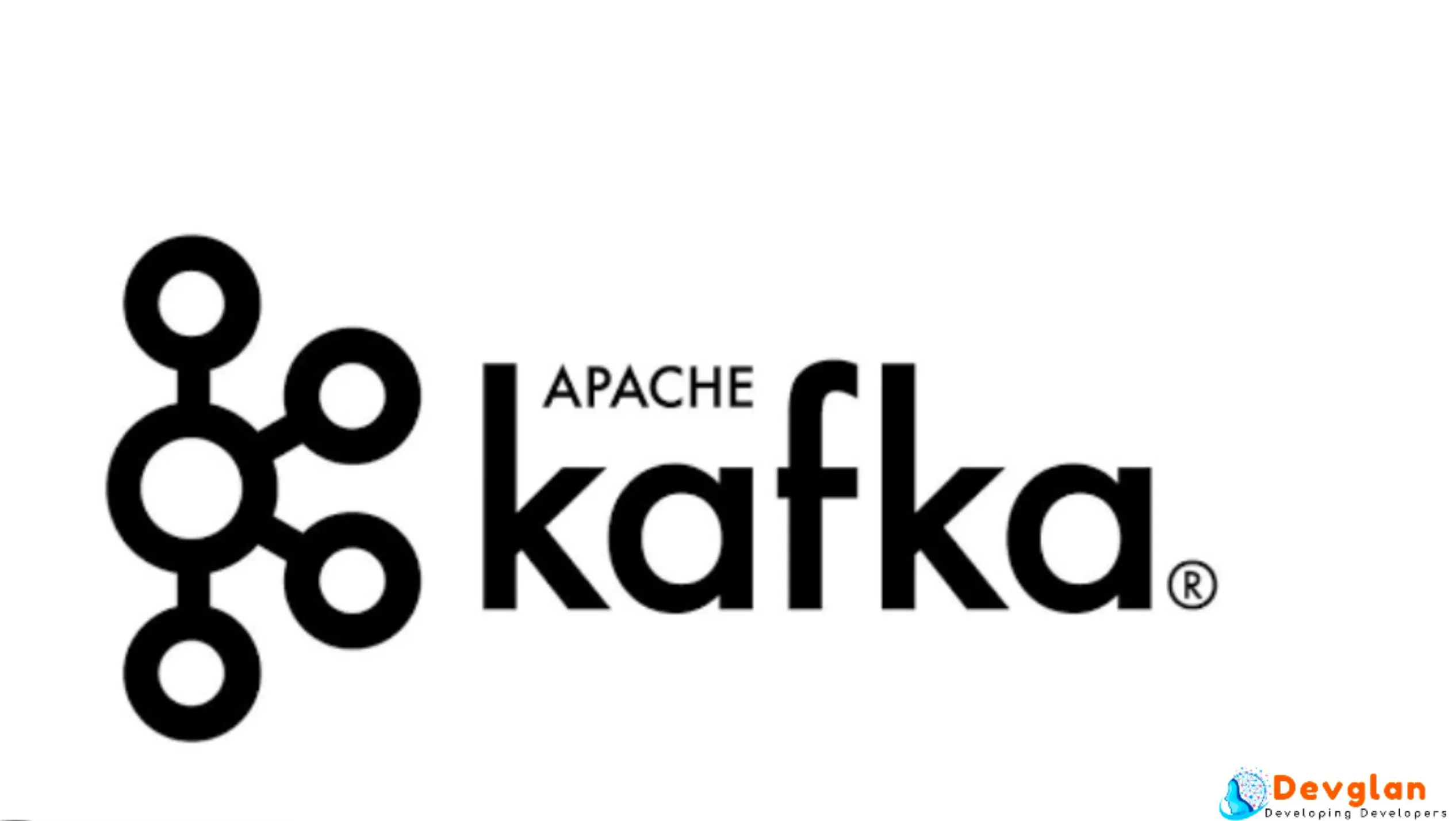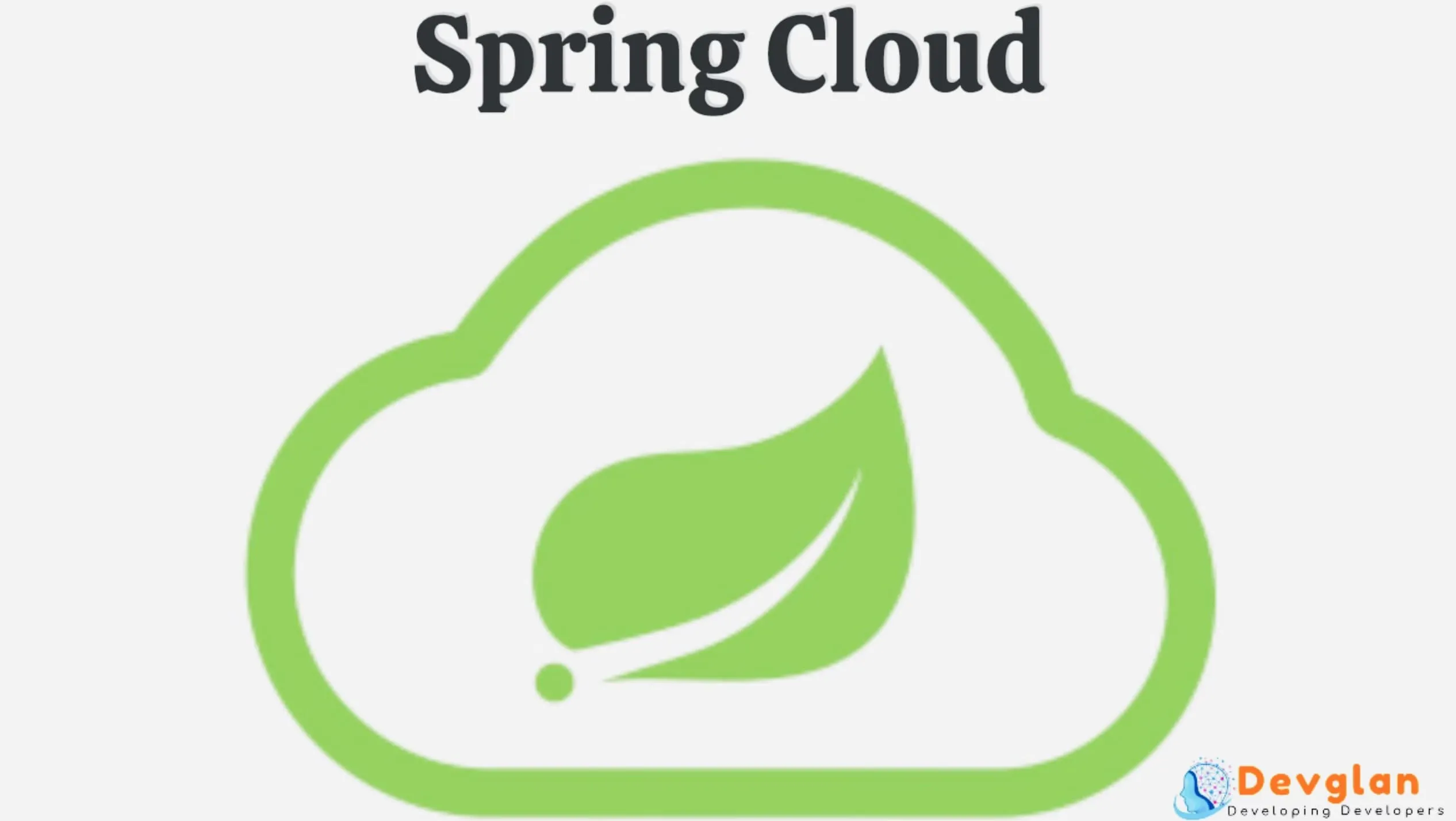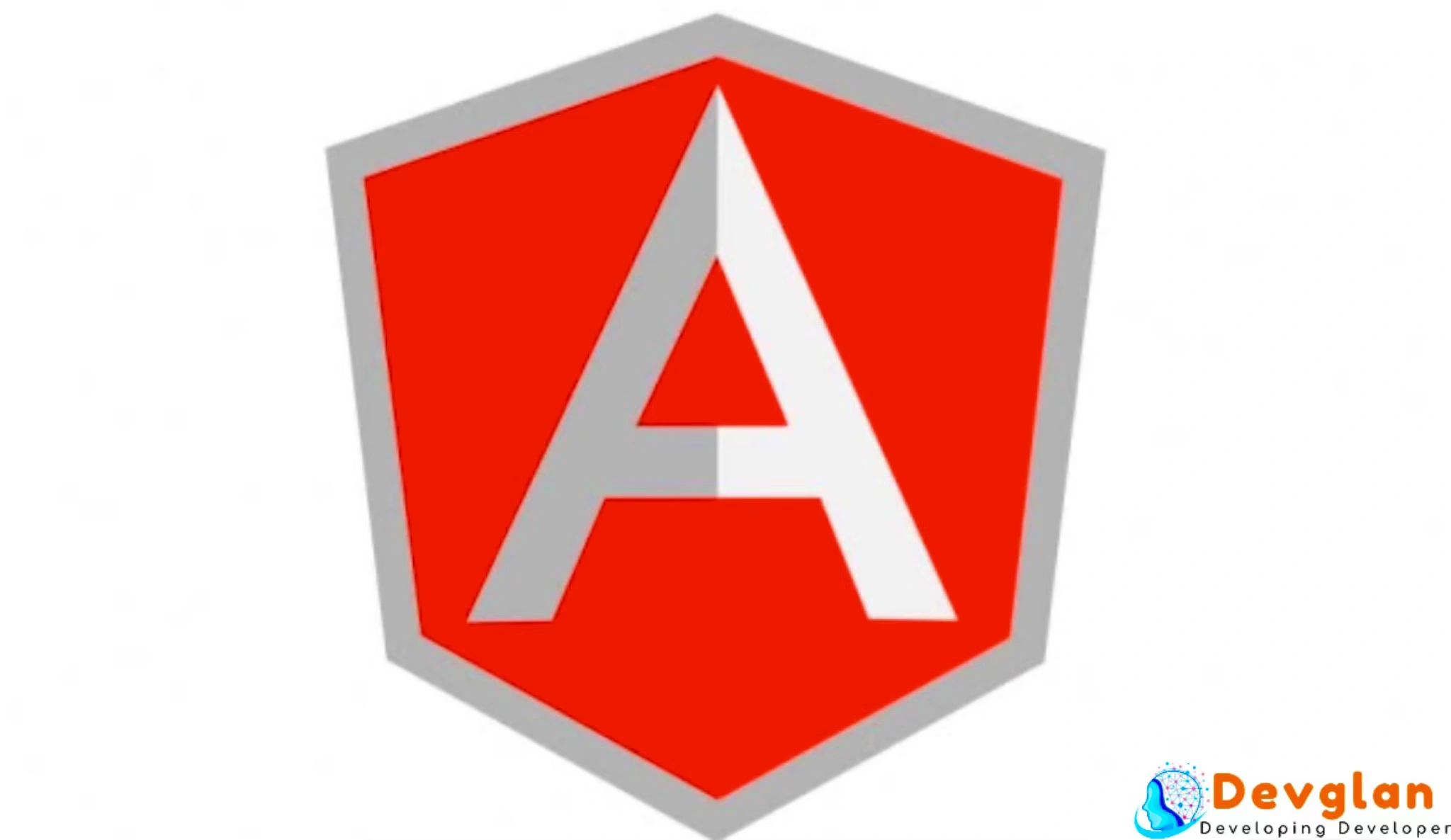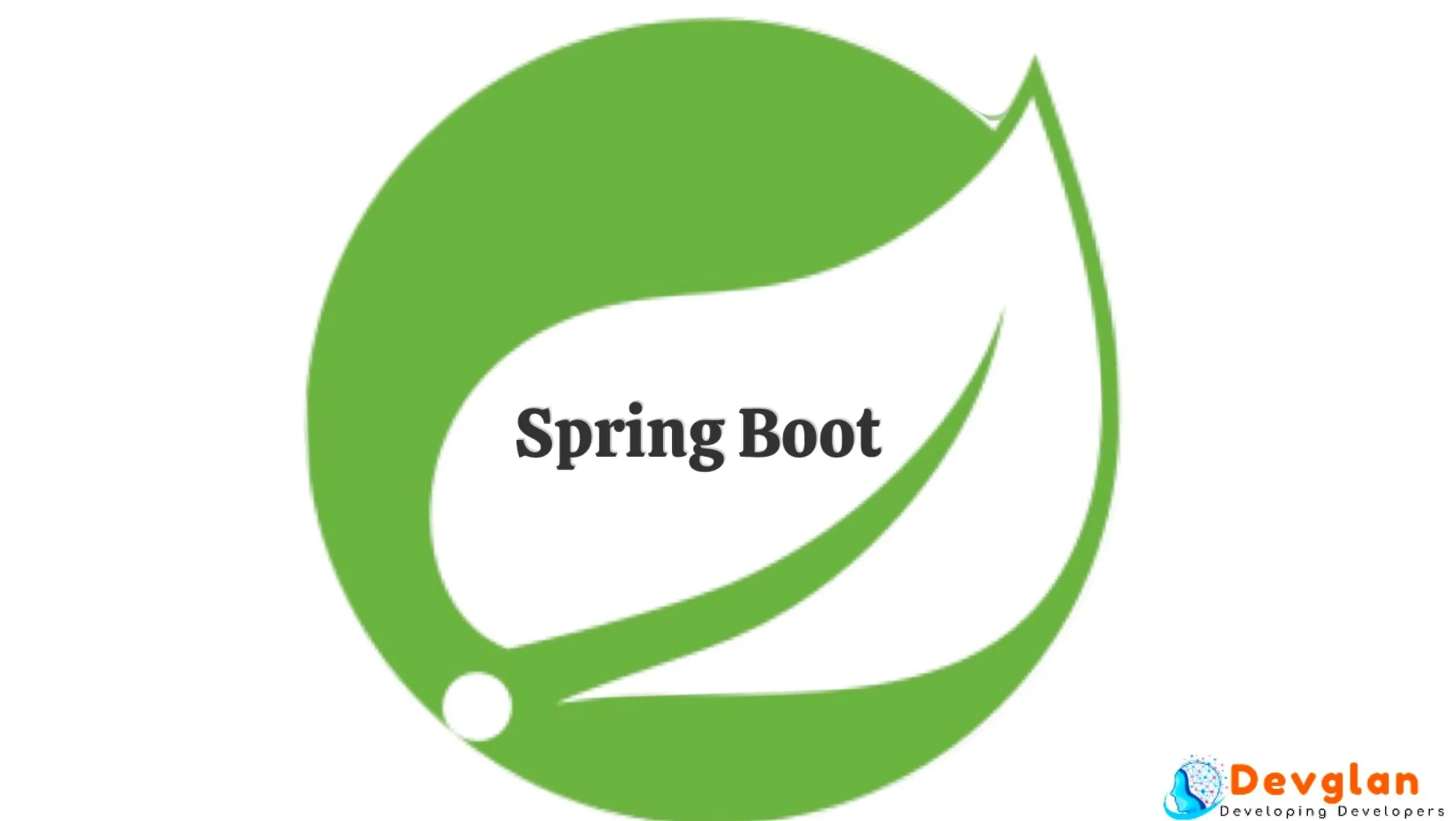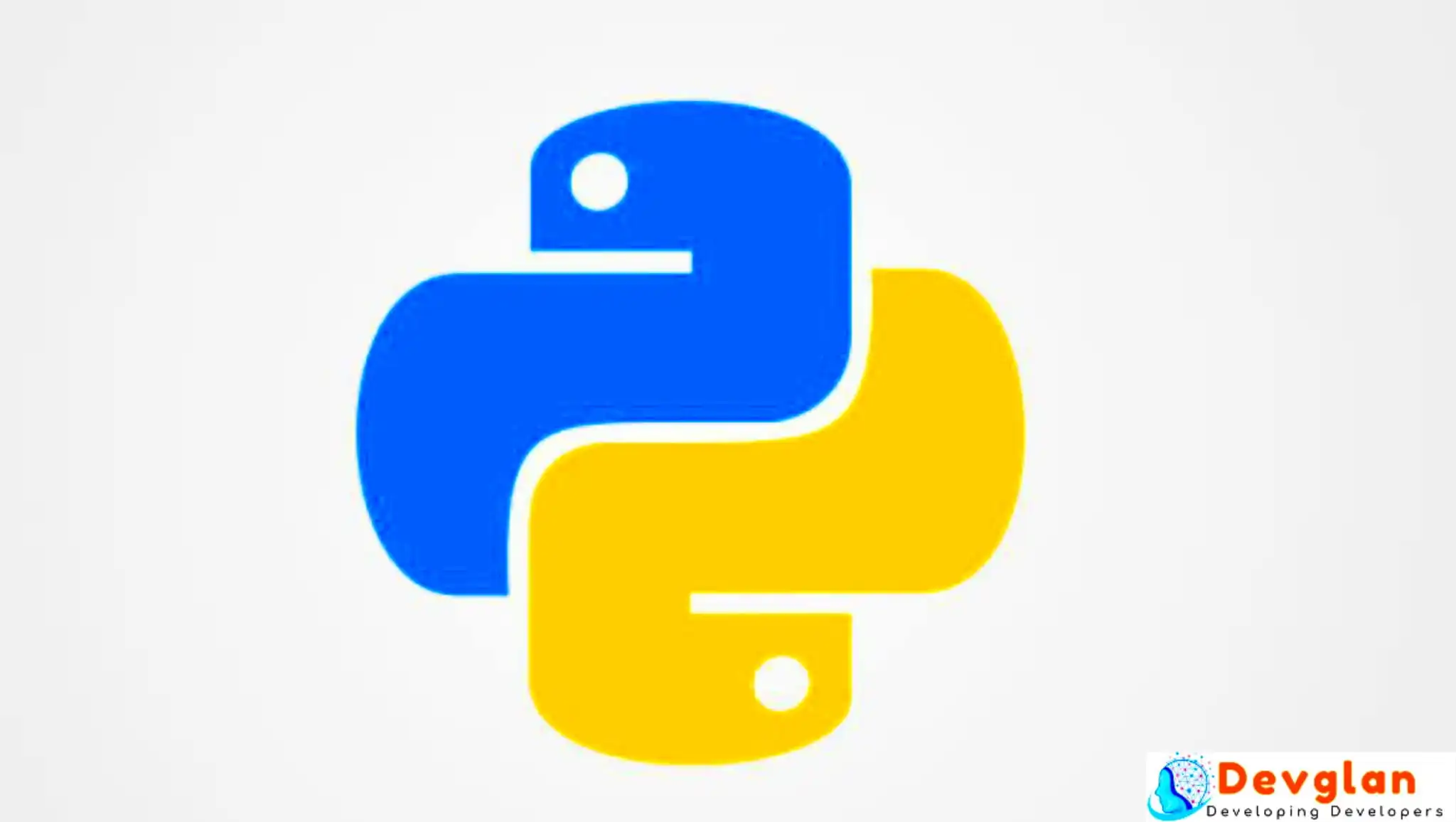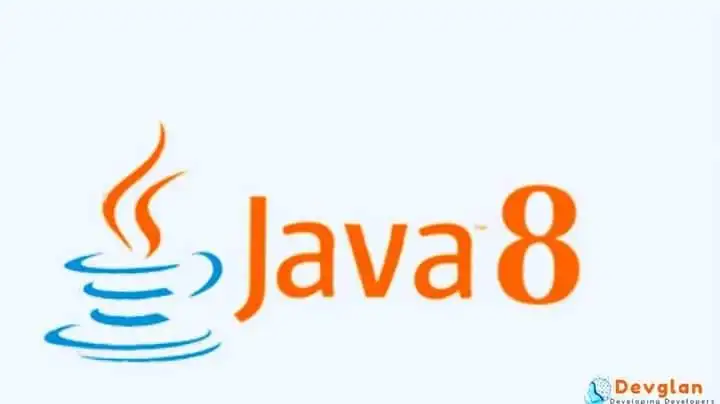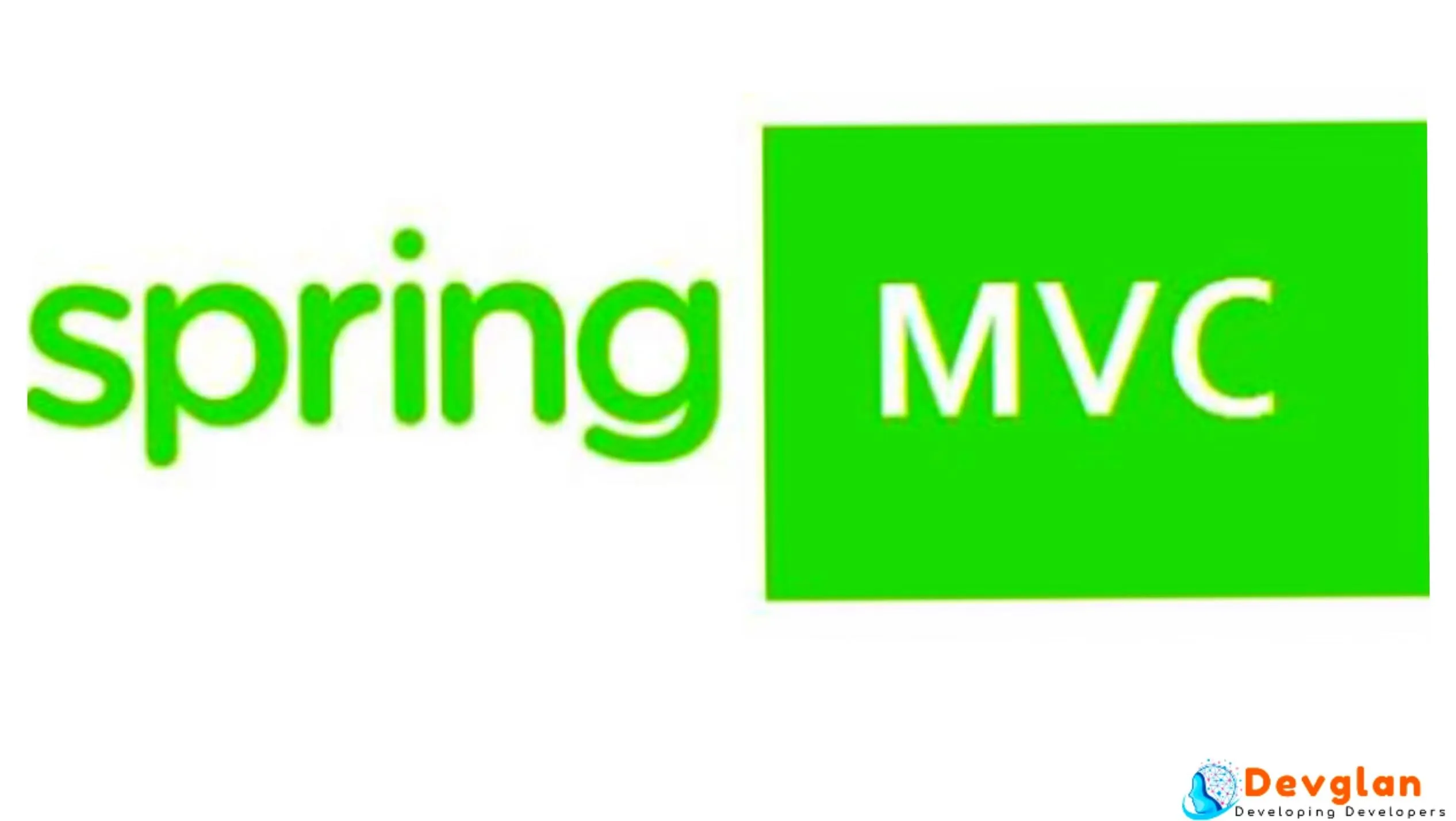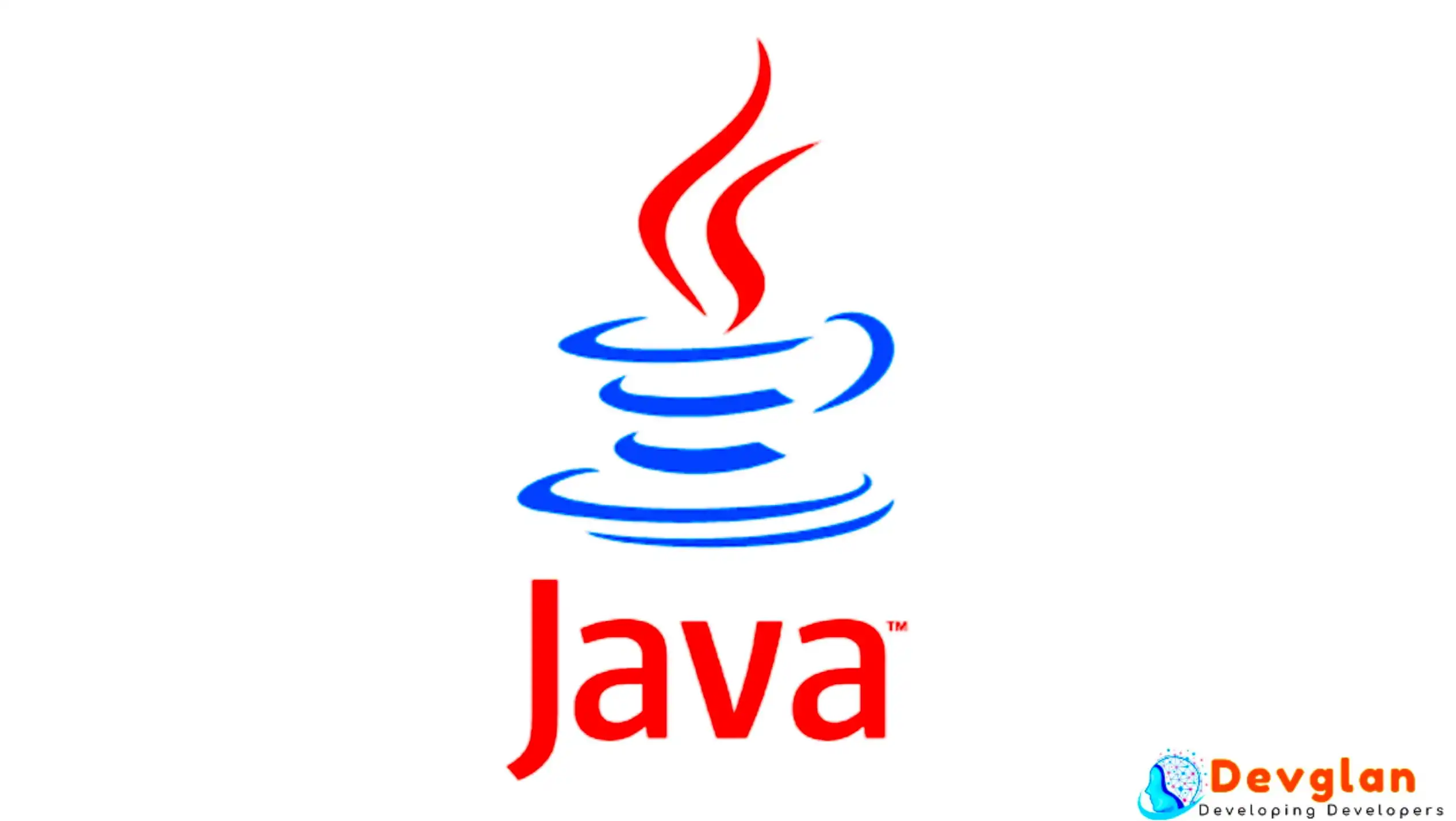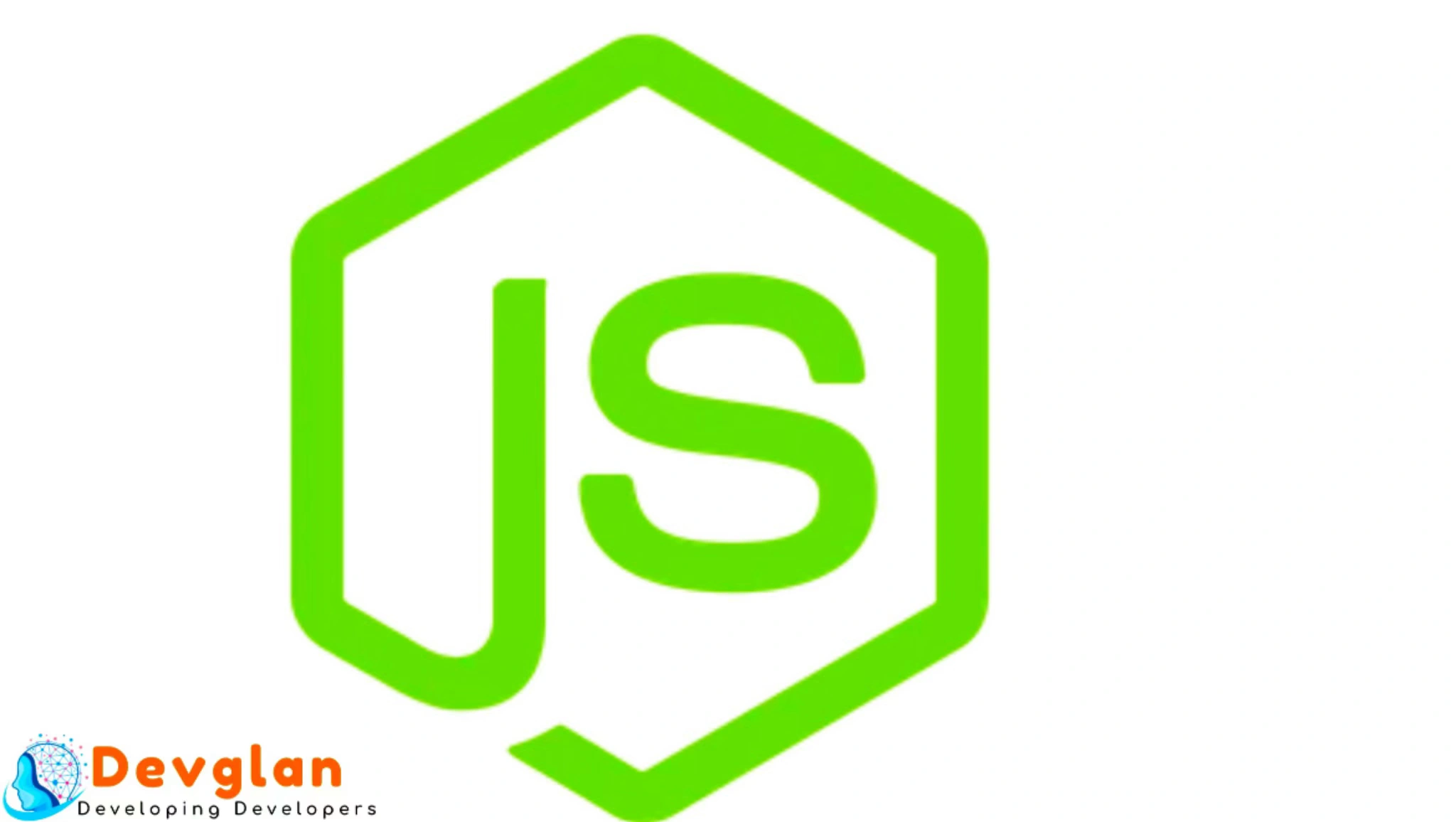In our increasingly interconnected world, remote software development teams are quickly becoming the norm rather than the exception. As a developer, adapting to remote workflows can be challenging, however, chiefly because remote development comes with some very real security concerns. Insecure networks, unauthorized access, and data breaches all pose legitimate threats to the integrity and continuity of remote development projects.
When engaging in remote development work, and especially when using online platforms and cloud computing services, it is good practice to know how to go about your work in the most secure way possible, so that you can protect proprietary code and safeguard the future of development projects. A key way to do this is to incorporate a Virtual Private Network, or VPN, into your practices in order to create a secure remote environment and protect sensitive data. Here, we'll discuss why, and explore how to go about utilizing a VPN effectively to ensure optimal security in remote development projects.
Getting Familiar VPNs
VPNs can play an important role in remote development by helping you to create a secure development in which to work on your software projects. Similar to residential proxies, they act as intermediaries for your Internet connection, however, they add security functionality by establishing a secure tunnel for your connection and encrypting data traffic. This means that using one can allow you to protect confidential project information when accessing resources remotely.
There are a wealth of VPN options available these days, however, and it can be difficult to parse these options and determine which might best suit your needs. Depending on your needs and level of experience, a free option such as Urban VPN can be a good entry point from which to get to grips with the technology without needing to pay a premium. VPNs differ in a variety of different ways, however, so it's worth considering some key factors when making your decision:
- Security Protocols: The security protocol your VPN uses will determine the strength of the protection it offers you. Ideally, you should look for VPNs that utilize robust security protocols such as OpenVPN, IKEv2/IPsec, WireGuard, or AES encryption. All of these provide strong encryption and comprehensive security features.
- No-Logs Policy: For maximum confidentiality, you may want to opt for a VPN with a strict no-logs policy. This will ensure that no record browsing activity or data is stored, giving an additional layer of privacy.
- Server Selection & Performance: Performance and locational flexibility always matter when working on remote projects. Choosing a VPN with an extensive server selection spanning multiple regions will help to ensure good performance and consistent access to any regional resources you might require for collaboration with other developers.
Establishing Your Secure Environment
In conjunction with using a VPN, you'll want to go about setting up a secure environment for your development activities.
First and foremost, you should ensure that your local network is as secure as possible. Set up strong passwords and enable WPA3 encryption to protect your network against unauthorized access. You can update your router's firmware in case of potential security vulnerabilities and, ideally, set up a dedicated network solely for your development purposes.
Secondly, you should secure your device. Running your development environment on virtual machines, or VMs, is advisable, as this will enable you to isolate it from other activities. Tools such as VMware or VirtualBox can serve you well here. You should ensure that your device is encrypted using an encryption tool like FileVault or Bitlocker, depending on the OS you're running, and utilize multi-factor authentication wherever possible to minimize the risk of data loss or corruption in the event that your passwords are compromised.
Setting up Your Development Tools
To ensure that you can work seamlessly while utilizing a VPN, it's a good idea to adjust the configurations of your development tools to ensure optimal performance.
Version control systems like Git can be configured to work over a VPN connection. To utilize them together, you should ensure that your VPN is activated whenever you're pulling or pushing code to repositories. Additionally, rather than using passwords to access repositories, use SSH keys for authentication for extra security.
Popular IDEs like Visual Studio or IntelliJ IDEA also work well with VPNs. When combining the two, be sure to configure your IDE’s remote development plugins to utilize the VPN’s secure tunnel, and update your IDE and plugins routinely to protect against vulnerabilities.
Additionally, if you use collaboration platforms like Slack, Zoom, or Microsoft Teams to work with other developers, you should configure them to prioritize secure connections and use end-to-end encryption where possible. This will help to secure confidential communications and protect sensitive data.
Enhancing Your Security Further
If you feel that you require additional utility from your VPN during development work, you can also find VPN solutions that come with additional features that enhance their functionality. These include the following:
- Kill Switches: A VPN kill switch is a feature that will automatically disconnect your device from the Internet if it detects that the VPN connection has dropped. This serves to prevent data leaks, which can help to further protect your confidential work.
- DNS Leak Protection: DNS leak protection will enable you to route DNS queries through your VPN tunnel, instead of via your internet service provider. This helps to prevent accidental data exposures.
- Firewall Integration: A VPN firewall will enable your VPN to block unauthorized traffic, both inbound and outbound, allowing you to control data traffic more strictly to safeguard your sensitive development project work against unauthorized access attempts.
- Split Tunneling: Split tunneling is a feature that gives you the ability to route some of your Internet traffic through a VPN connection while allowing some applications to access the Internet directly. This can enable you to optimize your connection for better performance while maintaining security when you work remotely.
Summing Up
As a developer working in today's world, there is an increasing likelihood that you will find yourself working on a remote development project at some point, whether it's as a freelancer or as a part of a digital workplace. In doing so, your projects will be exposed to added risk from cyber threats, so it is essential that you understand how to use the tools at your disposal to protect proprietary code and maintain the integrity of your work. A VPN is one such tool that can help you in this regard, and so should be an integral part of your security toolkit.
By securing your local network, configuring your development tools to work in conjunction with a VPN, and adhering to best practices like regular software updates, network activity monitoring, and the utilization of secure backups, you can establish a secure remote environment in which to work. As a result, you will be able to better protect sensitive data, maintain project integrity, and ultimately safeguard your remote development projects so that they consistently come to fruition.


